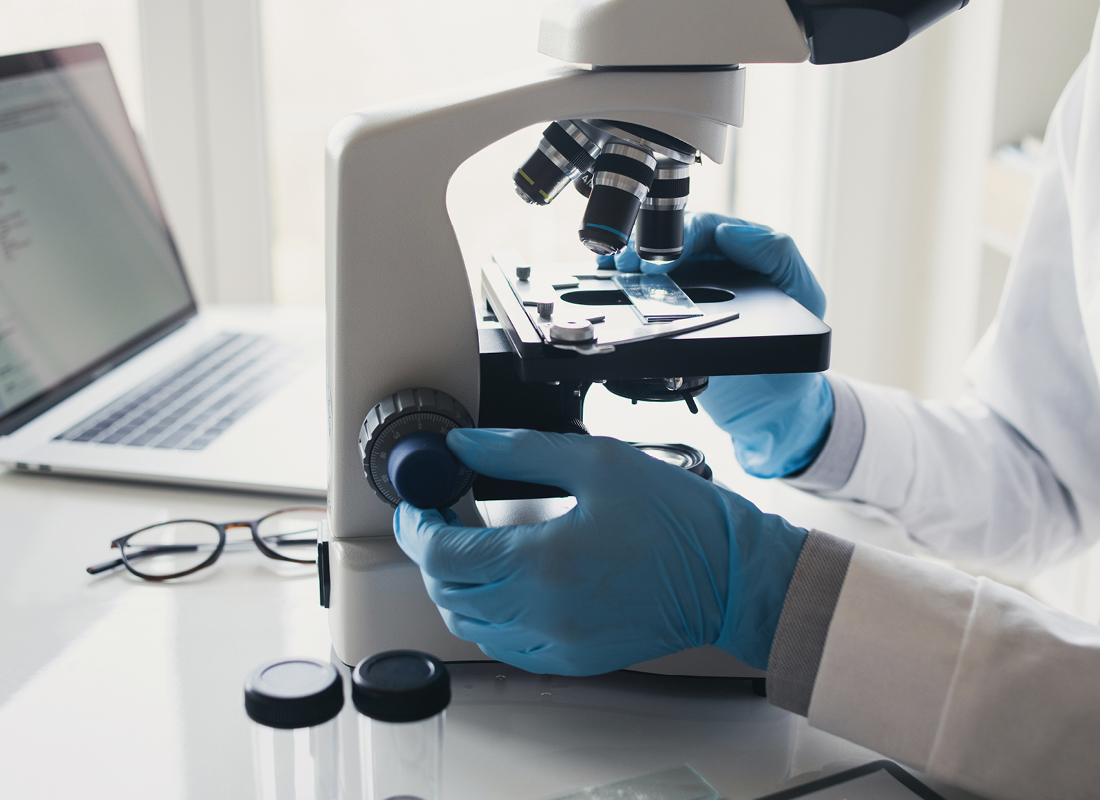SARS-CoV-2 Antigen Testing Is Here but Is It Really a ‘Game Changer’
First came the molecular and then the serological assays. And now a third kind of coronavirus testing methodology has made its official US debut: antigen tests. Some have hailed this development as a “game changer” in the effort to meet the current unprecedented demand for testing. But are they right? The Diagnostic Challenge Molecular tests using reverse transcription-polymerase chain reaction (PCR) to detect RNA material from the virus is accurate but slow to the extent it must be performed at an offsite laboratory. In addition to being much faster, blood-based serology tests detecting antibodies produced by the body to fight the SARS-CoV-2 virus offer the potential to differentiate between active and previous infection. But serology tests lack the specificity and sensitivity of PCR assays making them prone to generate false positives and negatives. Like antibody testing, antigen tests detect viruses indirectly. But there are some important differences. For one thing, while antibody tests are blood based, antigen tests analyze tissue nasopharyngeal samples collected by a swab the way PCR tests do. And instead of antibodies, antigen tests detect the presence of antigens or toxins a virus produces that cause the body to produce those antibodies. The downside is that antigen […]

Subscribe to Clinical Diagnostics Insider to view
Start a Free Trial for immediate access to this article